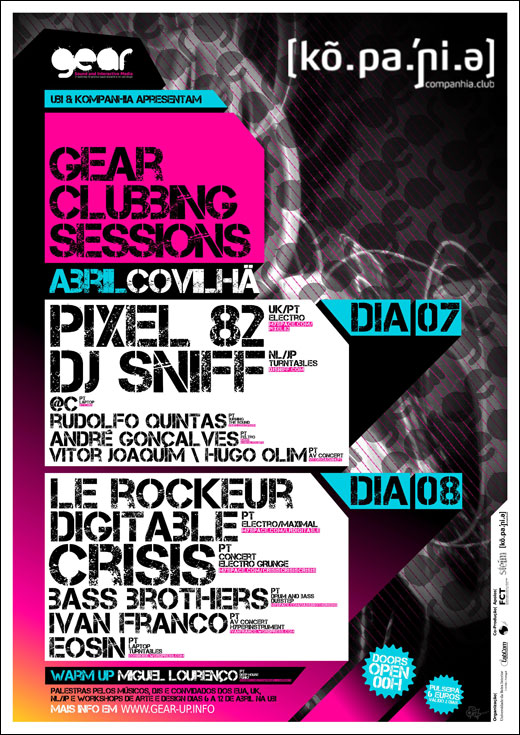
La foresta nei pressi di Nerben, i ghiacciai più giù a Nord, il lago di Røsskleivvatnet, la Norvegia come contenitrice di ambienti, l’isolamento umano la cui presenza ambientale amplfica i pensieri irrequieti del dentro, la Norvegia come l’avamposto sul nulla e sull’altrove.
È questo Sleppet, l’ultimo materiale della ventennale ricerca di Marc Behrens. Da questi lidi, neo-riduzionisti (riduzionisti in quanto conduttori di un macrocosmo esistente pronto al congelamento perenne) ci si era imbattuti sia con Lionel Marchetti che con Eric La Casa. L’uno alla ricerca di fratture e discontinuità dei luoghi, l’altro in ossessiva narrazione-catalogazione del sinfonico racchiuso nell’aperto.
Marc Berhens sembra invece interessato all’aperto come concetto animale, come continua permanenza dell’animalità nel processo razionale dell’ascolto e dipana una ricerca proto-acusmatica in quattro dissertazioni, che sono anche quattro inni alla sopravvivenza su prossimità zero e del contatto innaturale che c’è tra l’ascolto e la natura. È questa la grande tensione di questi materiali: più che filmare elegiaci movimenti dello spazio, Behrens sembra attraversato dall’idea di fotografare i rigurgiti, le spietatezze, i gap ambientali dei luoghi che filma, catturando l’ascoltatore con movimenti transitivi e la somiglianza di questi alle nature umane viventi (il ruscello della seconda traccia che somiglia ad un vinile in loop, i rumori della terza che sibilano come se catturassero un missile che proviene dalle galassie).
Nel mezzo di questi anfratti invisibili ed ostici, ogni tanto emerge qualche voce umana, qualche silenzio, degli strani sbalzi di pressione sonora, che ci ricordano come certi suoni siano manipolati da fili, da cervelli, e come proprio in questo caso, questi cervelli non abbiano bisogno d’inventare musiche ma solo di tenerle in bilico perpetuo, di come non ci sia bisogno di strumenti, né di molto altro, per organizzare delle forme a dir poco soprendenti col solo aiuto di Dio. (7.4/10) Salvatore Borrelli






